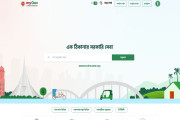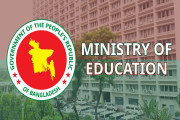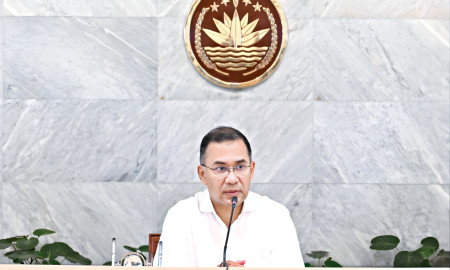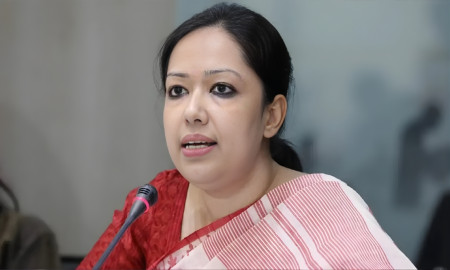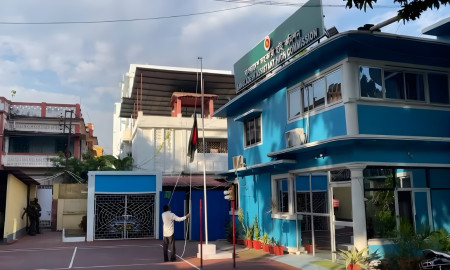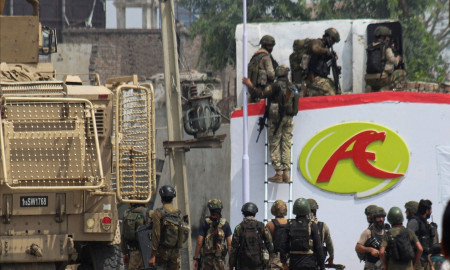Comprehensive Guide to Studying in Ireland for Bangladeshi Students
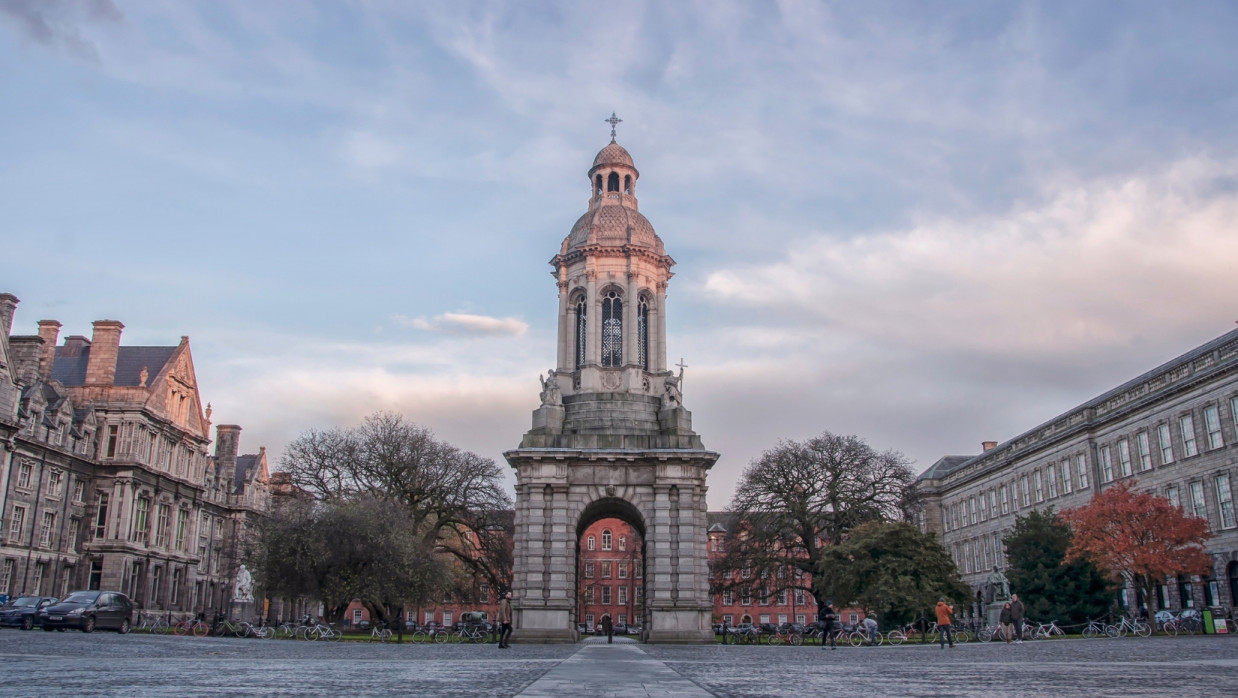
For Bangladeshi students dreaming of international education, Ireland stands out as a premier destination, offering world-class universities, a robust job market, and a straightforward path to citizenship. This detailed guide outlines the benefits, challenges, requirements, and processes for pursuing a one-year Master’s degree in Ireland, equipping students with the knowledge to make informed decisions.
Why Choose Ireland?
Ireland offers compelling advantages for Bangladeshi students:
- English as the Primary Language: English is the official language of instruction and daily life, eliminating language barriers. Unlike countries such as Germany (requiring German A1/B1 for visas) or France (needing French for jobs), Ireland’s job market is accessible with English proficiency alone. This is particularly beneficial for Bangladeshi students already fluent in English.
- One-Year Master’s Programs: Most Master’s degrees in Ireland are completed in one year, compared to two years in the USA, Canada, or Australia. This saves time and reduces living expenses, allowing students to enter the workforce sooner. Universities like Trinity College Dublin offer globally recognized degrees, often ranked higher than their two-year counterparts elsewhere.
- Minimal Systemic Racism: Ireland is known for its inclusive environment, with negligible systemic racism reported in official processes like visa applications or job placements. While isolated incidents may occur, they are rare, ensuring Bangladeshi students feel welcomed.
- Clear Path to Citizenship: After completing a Master’s, students receive a two-year post-study work visa to seek employment. After five years of residency (one year of study plus four years of work), they can apply for Irish citizenship, a process typically taking 7–12 months. This streamlined pathway is simpler than in countries like Dubai, which offers no citizenship option, or others with complex requirements.
- Thriving Job Market: Ireland, particularly Dublin, hosts global tech giants like Google, Microsoft, and Facebook, creating abundant opportunities, especially in IT. The country’s tech export industry drives demand for skilled professionals, making it easier for graduates to secure jobs.
Challenges and Costs
Ireland’s high cost of living is a significant consideration:
- Tuition Fees: Master’s programs at reputable universities cost BDT 12–20 lakh (€10,000–€17,000) per year. Top institutions like University College Dublin or Trinity College Dublin fall within this range, with fees paid upfront to secure a visa.
- Living Expenses: Annual living costs, including accommodation, food, transport, and utilities, range from BDT 10–15 lakh. In Dublin, a shared room costs €900–€1,500 monthly, while a studio apartment ranges from €1,500–€2,750. Smaller cities like Cork or Galway are 20–30% cheaper but offer fewer job opportunities.
- Financial Requirements for Visa: Students must show BDT 10 lakh in a bank account for living expenses, in addition to paid tuition fees. These funds must remain untouched until visa approval, typically 4–6 weeks. This requirement ensures students can sustain themselves without relying solely on part-time work.
- High Cost of Living: Dublin, home to 800,000 of Ireland’s 5 million population, is among the world’s most expensive cities. Everyday expenses like groceries (€50–€100 weekly) and public transport (€100–€150 monthly) add up quickly. Budgeting is critical, especially in the first year.
- Limited Bangladeshi Community: Unlike the UK, Ireland has a small Bangladeshi diaspora, which may make cultural integration challenging. Students must be prepared to build new networks from scratch.
Entry Requirements
To qualify for a Master’s program, Bangladeshi students must meet:
- Academic Qualifications: A Bachelor’s degree with a minimum CGPA of 2.75 (on a 4.0 scale) is required. Top universities may prefer 3.0 or higher. SSC and HSC results are rarely scrutinized, but students should maintain decent grades (e.g., GPA 4.0/5.0) for credibility.
- English Proficiency: An IELTS score of 6.0–6.5 is mandatory for reputable universities. Elite institutions like Trinity College may require 7.0. No alternatives like Duolingo are accepted, as top universities prioritize IELTS for academic rigor.
- Study Gaps: Gaps between studies are acceptable if justified with logical explanations, such as work experience (supported by reference letters), family responsibilities, or professional certifications. A 10-year gap, for example, is fine if the student can demonstrate consistent employment (e.g., “I worked in a corporate role at Grameenphone”). Unexplained gaps may raise concerns during visa applications.
- Previous Visa Rejections: Prior visa rejections (e.g., for Canada) are not an issue if explained logically (e.g., “My Canada application lacked sufficient academic alignment, but I later studied in Malaysia successfully”). Serious violations like overstaying a visa elsewhere could complicate approval.
Application and Visa Process
The journey to Ireland involves several steps:
- IELTS Preparation: Students must take the IELTS exam during their final year of Bachelor’s or shortly after. A score of 6.5 or higher maximizes admission chances. Preparation typically takes 2–6 months, depending on proficiency.
- University Selection and Application: Students apply through university portals or agencies, submitting:
- Academic transcripts and degree certificates.
- IELTS score report.
- Passport copy.
- Statement of purpose (500–1,000 words, outlining career goals and why Ireland).
- Two reference letters (academic or professional).
Applications cost €50–€100 per university. Students should target 3–5 universities, such as University College Dublin, Trinity College, or the University of Limerick. Offer letters arrive within 2–6 weeks. - Visa Application: Since Ireland has no embassy in Bangladesh, applications are processed through agencies that forward passports to India. Required documents include:
- University offer letter.
- Proof of paid tuition fees.
- Bank statement showing BDT 10 lakh.
- Health insurance (€150–€300 annually).
- Passport and photographs.
The visa fee is approximately BDT 9,000, and processing takes 4–6 weeks. No interview is required, unlike US or Canadian visas. Passports are returned with a stamped visa. - Travel and Enrollment: Most programs start in September, with limited January intakes for major courses. Students book flights (BDT 80,000–120,000 one-way) and arrange accommodation before arrival. Universities often provide temporary housing or guidance for rentals.
Job Opportunities and Post-Study Prospects
Ireland’s job market is a major draw:
- Part-Time Work: During studies, students can work 20 hours per week at €16–€20 per hour (BDT 1,900–2,400). Common jobs include retail (Tesco, Lidl), hospitality (cafes, restaurants), and university roles (library assistants, research aides). During holidays (Christmas, summer), students can work 40 hours per week, earning BDT 150,000–200,000 monthly. Exceeding 20 hours during term time risks visa cancellation and academic disruption.
- Post-Study Work Visa: After completing a Master’s, students receive a two-year “Stamp 1G” work visa, allowing unrestricted employment in any sector—no sponsorship required. This flexibility lets graduates explore roles in tech, finance, or even retail while seeking a long-term career.
- Sponsorship and Residency: Within two years, students must secure a job offering sponsorship for a work permit. Most Irish companies can sponsor for €1,000, a low cost compared to other countries. After one year of study and two years of work, students can secure sponsored employment, leading to permanent residency after five years in total. Citizenship follows 7–12 months later. For example, a student arriving in 2025 could be a citizen by 2032.
- High-Demand Fields: IT dominates Ireland’s economy, with roles in software development, data analytics, and cybersecurity in high demand. Dublin hosts 90% of tech jobs. Other fields like finance, pharmaceuticals, and digital marketing also offer opportunities, but success requires networking (via LinkedIn, university events) and side projects (e.g., internships, open-source contributions).
- Dependent Policy: During studies, students cannot bring dependents (spouse, children). After securing a sponsored job, dependents under 18 (spouse and children) can join, but parents are excluded.
Lifestyle and Cultural Considerations
- Dublin vs. Other Cities: Dublin, with 800,000 residents, is Ireland’s economic and academic hub, hosting top universities and jobs. However, its high costs (e.g., €1,500 monthly for a studio) make budgeting critical. Smaller cities like Cork or Galway are cheaper (e.g., €700–€1,000 for a shared room) but have fewer opportunities. Dublin’s vibrant nightlife, cultural festivals, and international community appeal to young students.
- Climate: Ireland’s weather is mild but rainy, with temperatures of 5–15°C year-round. Unlike Canada’s harsh winters, Ireland’s climate is manageable for Bangladeshi students accustomed to tropical weather.
- Cultural Integration: With a small Bangladeshi community, students must proactively build networks through university clubs, mosques, or South Asian societies. Irish people are generally friendly, easing social integration.
Bachelor’s vs. Master’s
While Bachelor’s programs are available, they are less recommended:
- Bachelor’s: Four years, costing BDT 48 lakh (BDT 12 lakh annually). Younger students (18–20) may struggle with independence in an expensive country.
- Master’s: One year, costing BDT 22–35 lakh. Older, more mature students (22–30) benefit from shorter duration and career focus. Most Bangladeshi students opt for a Master’s for its efficiency.
Should You Choose Ireland?
Ireland is ideal for Bangladeshi students who:
- Can afford BDT 30–35 lakh for one year (tuition + living costs).
- Seek a globally recognized Master’s with strong job and citizenship prospects.
- Are comfortable in an English-speaking environment with minimal Bangladeshi community support.
For cost-conscious students, the UK is a compelling alternative, offering:
- Lower tuition fees (BDT 6–10 lakh for some programs).
- A larger Bangladeshi community (e.g., in London, Birmingham).
- Similar citizenship pathways and job opportunities.
However, Ireland’s one-year Master’s and tech-driven economy provide unique advantages for those prioritizing speed and IT careers.
Studying in Ireland offers Bangladeshi students a transformative opportunity to gain a world-class education, build a global career, and secure Irish citizenship. The high financial investment is offset by the one-year Master’s, abundant job opportunities, and welcoming environment. Students must weigh their financial capacity, career goals, and comfort with Ireland’s small diaspora before deciding. With careful planning, Ireland can be a gateway to a prosperous future.


